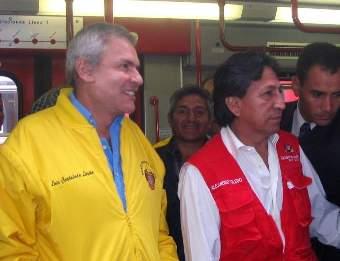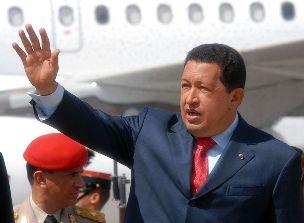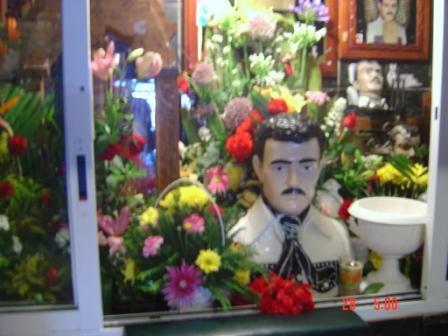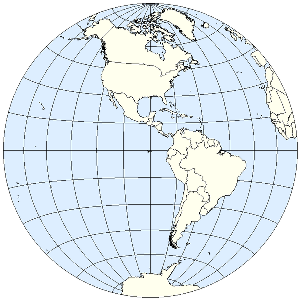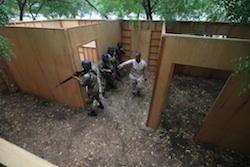Bolivia President Evo Morales Attacks Drug Reports
Bolivian president Evo Morales has accused the United States and the United Nations of conspiring to defame his government in two drug reports. He said criticism over Bolivia's handling of the war on drugs were part of a strategy to falsely link his government to drug trafficking. Morales said the US was trying to force him to invite American anti-narcotics agents back into Bolivia.
